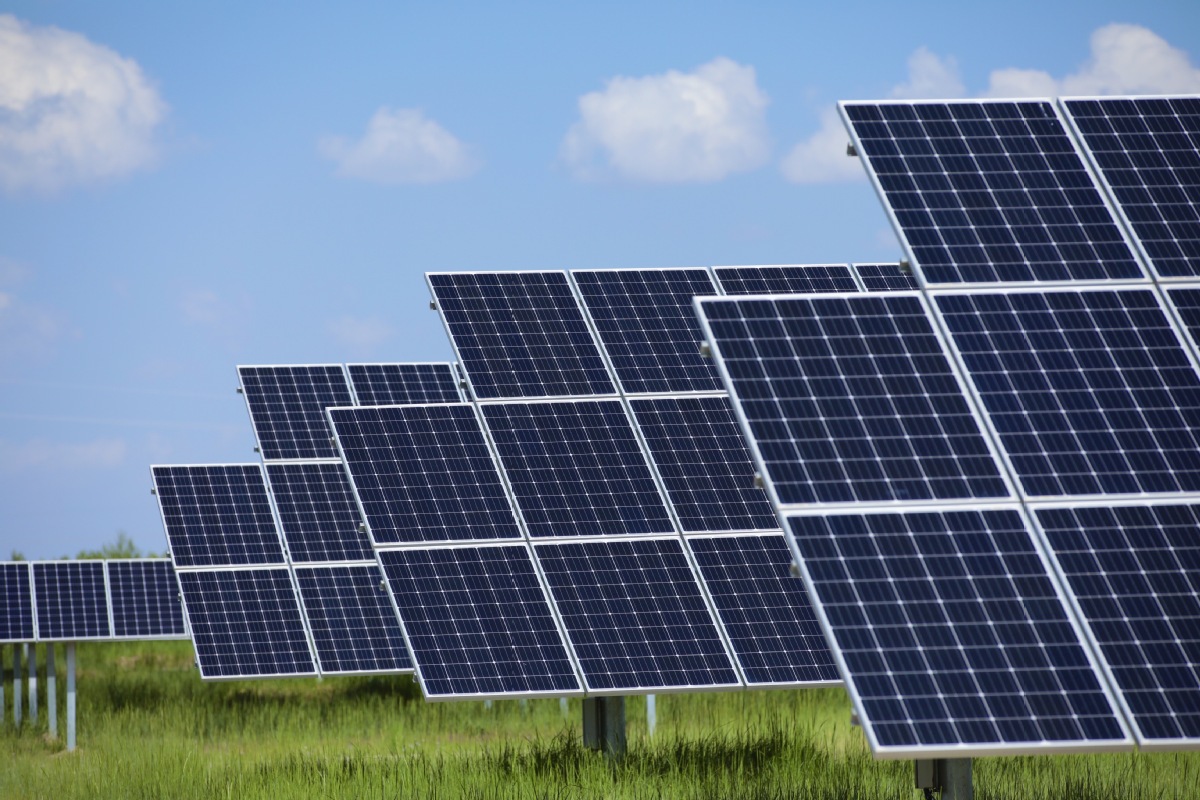Market-based boost for green technologies key to low-carbon transition


Market-based moves to boost green technologies are key to ensuring that the low-carbon transition in China and the rest of the world will succeed without any side effects like increase in price levels, experts said.
"The impact of moves toward carbon neutrality on prices will very much depend on the speed of the move and technological progress on green technology," said Gerwin Bell, lead economist for Asia on the global macroeconomic research team at PGIM Fixed Income, a global asset manager.
Any rapid low-carbon shifts could lead to supply disruptions and higher prices, while more cost-effective green technologies would mitigate these risks, especially if they are widely available, Bell said.
"This is why, market-based moves, such as gradually increasing carbon taxes, are probably the most economically efficient and cost-effective way to move toward carbon neutrality," he said.
His remarks came amid worries among some experts that decarbonization efforts in China and the whole world could lead to losses in steel supplies and other carbon-heavy industries and thus add fuel to the fire of growing concerns over inflationary pressure.
" (Decarbonization) doesn't mean that we are going to stop producing certain things," said Leslie Maasdorp, vice-president of the New Development Bank, a Shanghai-based multilateral development lender.
According to him, decarbonization efforts are expected to spawn new technologies that will enable new, low-carbon production processes to replace the old ones, instead of just cutting carbon-intensive production and stoking inflation.
The world's course toward a less carbon-intensive economy has been on a fast track after the US administration announced the target of about 50 percent reduction from 2005 levels in net greenhouse gas pollution by 2030, while China is striving to peak carbon emissions by 2030 and achieve carbon neutrality by 2060.
China has stepped up efforts to leverage market forces for the low-carbon shift, with the national-level carbon emissions trading system, whereby registered companies will trade carbon emission quotas with each other, to become operational by the end of June.
The country is also expected to list its first carbon emissions futures contract on the Guangzhou futures exchange, established in April.
At a roundtable of the China Development Forum in March, Yi Gang, governor of the People's Bank of China, the central bank, pledged to further mobilize massive green investment in line with market principles.
Iris Pang, chief China economist at Dutch bank ING, said China is expected to pursue technological advances to increase the use of solar and wind power and enhance the efficiency of power consumption and transmission.
"The prices of steel will increase when efforts are stepped up worldwide to reduce carbon emissions. Yet, inflation refers to the situation where prices of almost all kinds of products and services rise. Higher prices of steel should not have such effects," Pang said.
Steel is a common industrial raw material but is not so widely used as oil in economic activities and therefore should not have a decisive impact on inflation, she said.
Though experts believe that market-based moves to spur green technologies and low-carbon production will help keep price levels stable, they still warned that greatly slashing carbon-intensive capacity in a sudden way could be risky and stoke inflation.
"But we don't need to achieve the green transition and bear the pressure of rising costs all in a short period of time," said Peng Wensheng, chief economist with investment bank China International Capital Corp Ltd.
Given that the foundation of economic recovery in China has yet to become solid, it is advisable to stay "cautious" on measures that sharply trim the supply of carbon-intensive industries in a short time window, such as cutting output directly and shutting plants off, he said.
Policy focus should instead be on promoting the development of low-carbon capacity and the reduction in new carbon-intensive investments, Peng said in a research note.




































